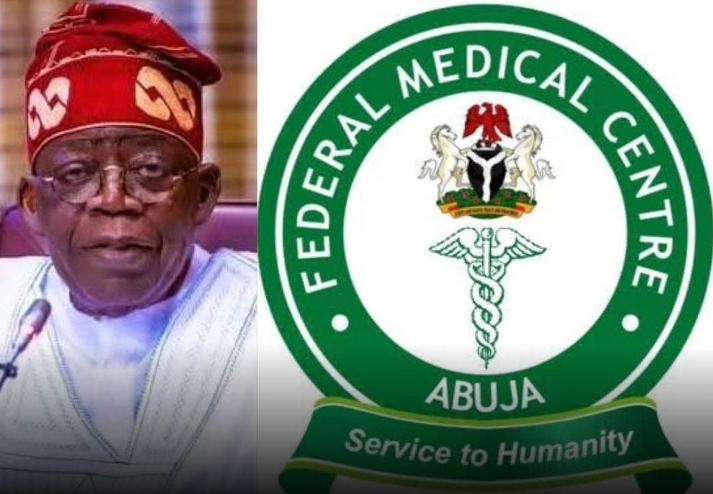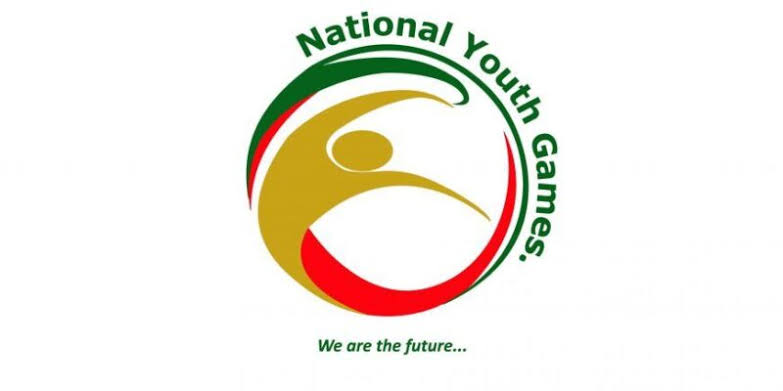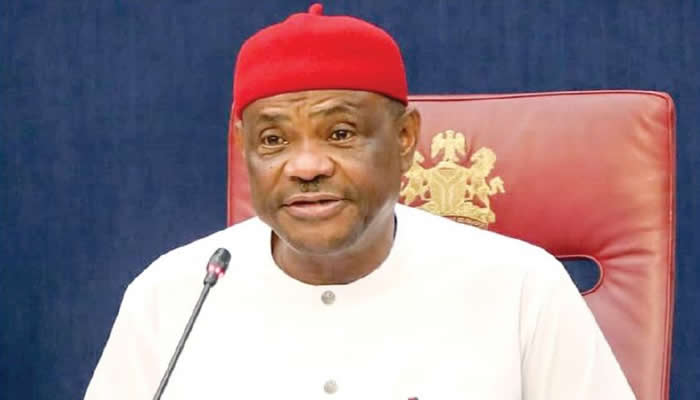
Shock and Shame: FG Moves Swiftly After Viral Video Exposes FMC Abuja's Deadly Negligence

The Federal Government has sprung into action following a harrowing viral video that captured a disturbing scene of apparent medical negligence at the Federal Medical Centre (FMC), Abuja. The video, which shows accident victims being denied urgent medical attention, sparked a wave of national outrage, forcing the government to launch an immediate investigation and order sweeping reforms at the health facility.
Dr. Iziaq Salako, Minister of State for Health and Social Welfare, personally led the charge on Sunday with an unannounced visit to the facility. The minister’s surprise appearance came just hours after receiving the investigative panel’s report set up in response to the damning footage. The report had confirmed glaring lapses in emergency care delivery, prompting the minister to carry out an on-the-spot assessment and issue stern directives to revamp the hospital’s operations.
Addressing visibly tense medical personnel at the emergency unit, Dr. Salako minced no words. “You are in the eye of the storm, responsible for saving lives. Even if you’ve done one million things right, one mistake is what the public will remember,” he said, delivering a sobering reminder of the high stakes of emergency medicine.
As an immediate corrective measure, Dr. Salako ordered the hospital to double its casualty officers per shift — from two to a minimum of four — in a bid to accelerate response time for emergency cases. He further directed that newly recruited health assistants be fully deployed into clinical operations to ensure that no patient is left waiting or unattended in a moment of crisis. “Prompt care is not a luxury; it’s a necessity. Lives depend on it,” the minister emphasized.
The viral video, which has now been viewed millions of times across various platforms, showed bloodied accident victims lying on the floor of the emergency unit, groaning in pain, unattended by medical staff. The public backlash was swift and fierce, with Nigerians across the country and diaspora calling for accountability and an overhaul of the healthcare system. Human rights groups, medical unions, and civil society organizations all issued statements condemning the situation, demanding transparency, reform, and justice for the victims.
At the heart of the problem, as revealed during the minister’s visit, is a mixture of infrastructural decay, systemic inefficiencies, and staff shortages. Dr. Timothy Sama’ila, Head of the Emergency Unit, admitted that the unit has been grappling with serious challenges, including a lack of space, chronic overcrowding, and insufficient personnel to meet the growing demand for emergency medical care.
“The number of patients we receive far exceeds the space and staff we have. It’s a daily battle, and we are stretched beyond limits,” Dr. Sama’ila confessed. He added that although the staff are doing their best, the reality on the ground often renders them helpless in the face of mass casualties or high patient influxes.
Acknowledging the challenges, Dr. Salako pointed out that some infrastructural improvements had already begun, particularly with electricity and water supply, but insisted that much more needs to be done. He called for urgent upgrades to the emergency unit’s physical structure, additional beds, and medical equipment to handle critical cases more efficiently.
One area of improvement that drew the minister’s attention was surveillance. He praised the role of CCTV footage in exposing the truth and guiding investigations but stressed that a more robust surveillance system must be installed to monitor patient care and staff performance continually. “The eyes must always be watching — not for punishment, but for accountability and quality assurance,” he said.
In terms of security, hospital officials informed Dr. Salako that there is ongoing collaboration with private security agencies and the Nigeria Security and Civil Defence Corps (NSCDC) to manage patient flow and secure the emergency area. However, the minister warned against unnecessary bottlenecks or protocols that delay life-saving interventions. “Security is important, but it must never come at the expense of a life. There must be a balance,” he said.
Perhaps the most far-reaching announcement from the minister during his visit was the initiation of a nationwide emergency care training program. According to Dr. Salako, this program will standardize emergency medical protocols, retrain frontline workers, and improve the capacity of public hospitals across Nigeria to handle emergencies with professionalism and urgency. “This is not just about FMC Abuja. The problem is national, and the response must also be national,” he declared.
The FMC Abuja incident has opened a broader conversation about the state of emergency healthcare in Nigeria. Health analysts say that the situation is indicative of the wider collapse of public health infrastructure and the dangerous culture of neglect and poor funding. “What happened at FMC Abuja is a symptom of a deeper rot,” said Dr. Ngozi Chukwuma, a public health advocate. “We need policy, funding, and structural reform — not just band-aid solutions.”
On social media, Nigerians have continued to vent their frustrations. The hashtag #FixOurHospitals has been trending on X (formerly Twitter), with users sharing personal stories of poor treatment, indifference by hospital staff, and preventable deaths in public hospitals. The FMC Abuja video has now become a symbol of long-standing grievances that many say have been ignored for too long.
In the wake of the scandal, some voices are calling for more than just reform — they want heads to roll. Activists are demanding disciplinary actions against the staff involved in the incident shown in the video. There are also calls for compensation for the victims and their families, many of whom suffered avoidable pain and complications as a result of delayed treatment.
As Dr. Salako concluded his visit, he assured Nigerians that this incident would not be swept under the rug. “This is not business as usual. We are taking this seriously. There will be changes — not just promises,” he said. But for many Nigerians, the real proof will be in action, not words.
The Federal Government now faces a critical test: to restore public trust in the country’s failing healthcare system and prove that the lives of ordinary Nigerians matter. The reforms at FMC Abuja may be the first step, but the journey ahead is long, and the nation is watching.


